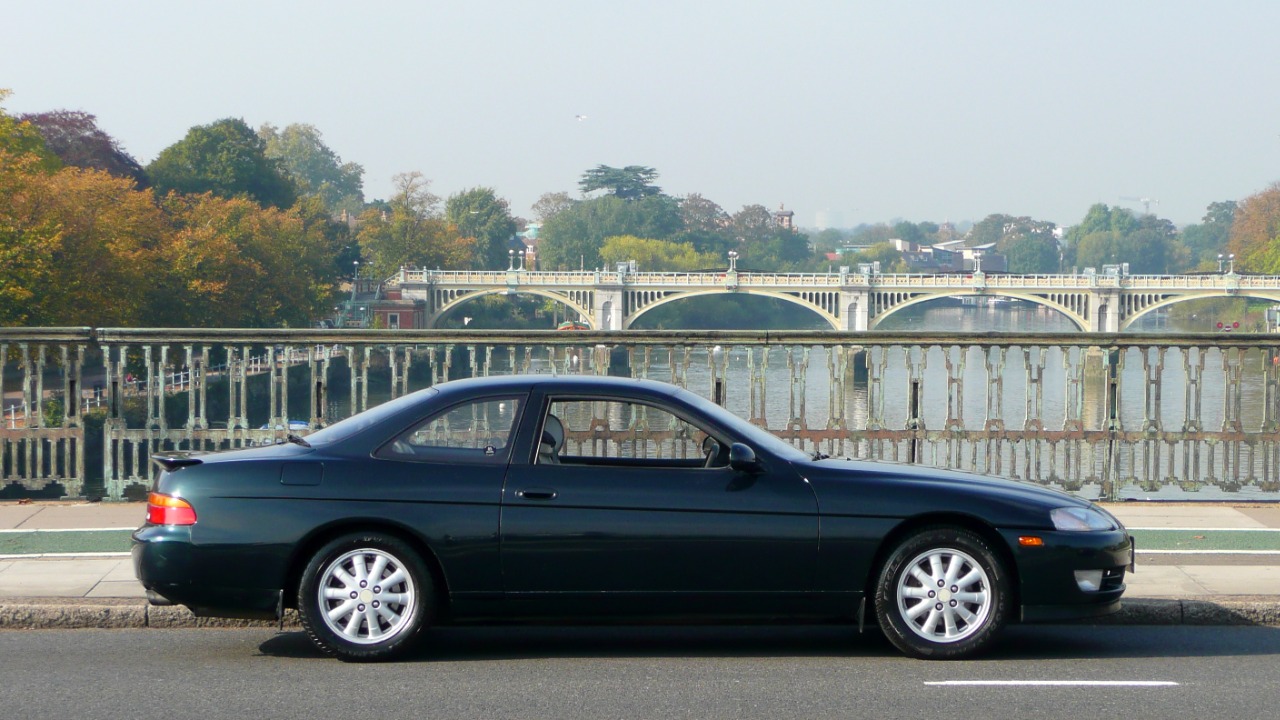
In the 1990s, Lexus ventured into the high-performance coupe segment with a vehicle that was both a marvel of engineering and a testament to the brand’s ambition. This luxury grand tourer, equipped with a 400-horsepower V8 engine, was designed to compete in the premium coupe market. However, despite its impressive power and advanced engineering, the vehicle struggled with low sales figures, becoming a forgotten gem among Lexus models and highlighting the challenges Lexus faced in capturing buyer interest for V8-powered coupes during that era.[1] [2]
Lexus’s Entry into the Performance Coupe Segment
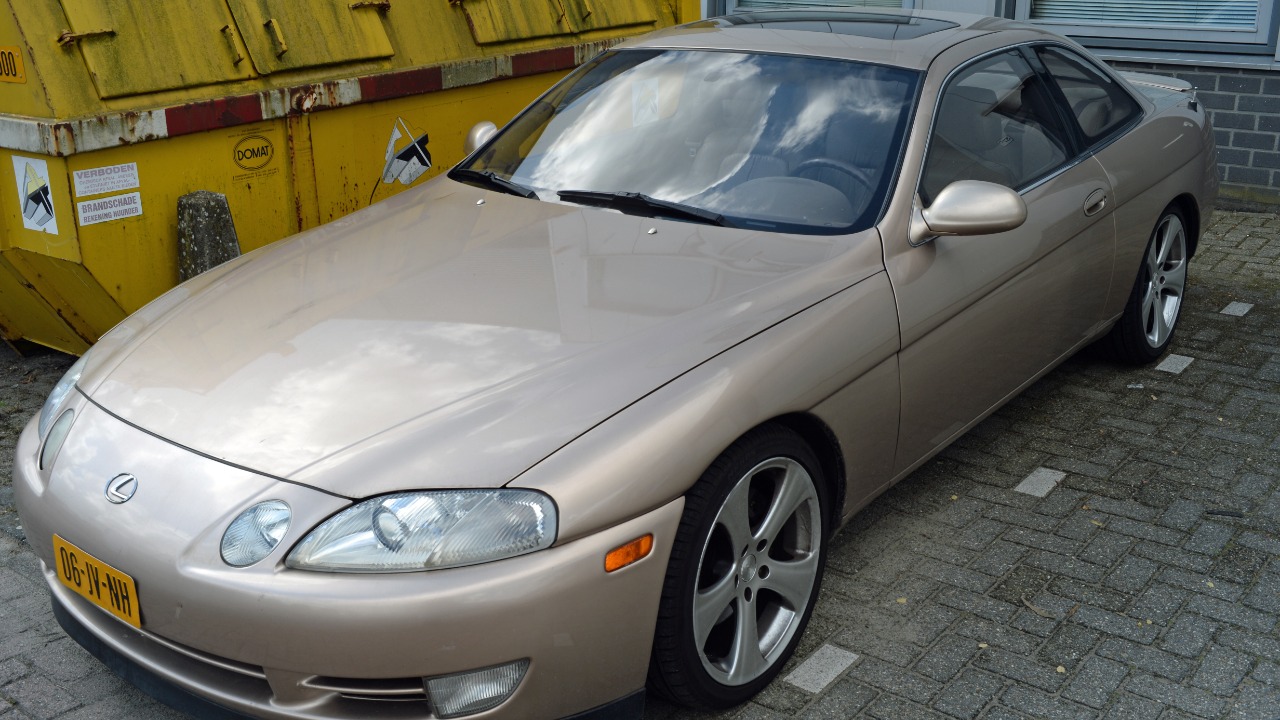
The decision by Lexus to develop a V8-powered coupe in the 1990s was a strategic one. The goal was to blend luxury with high performance amid growing competition from European brands. The engineering focus was on the 400-horsepower V8 engine, with its displacement and tuning designed for smooth power delivery in a coupe body style. The vehicle was initially positioned as a “sleeper” car, with an understated design that belied its potent capabilities.[1]
Design and Engineering Highlights
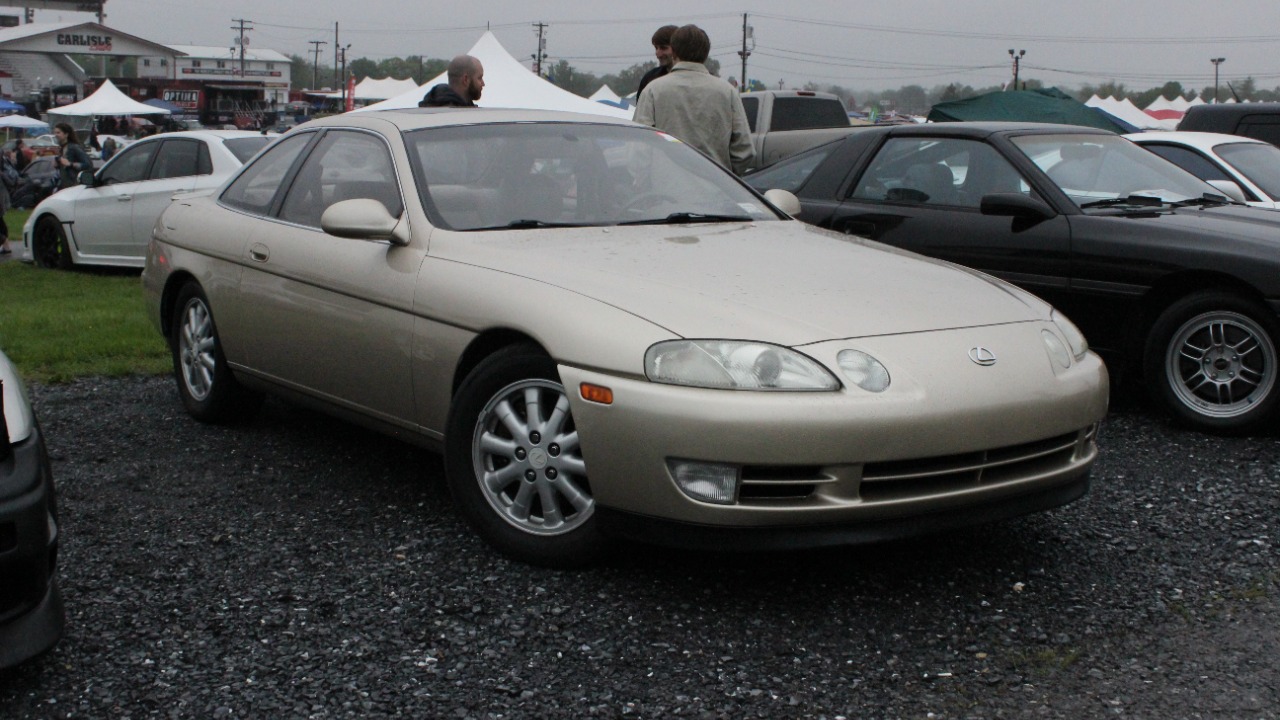
The coupe’s exterior styling was a nod to the 1990s luxury buyer, with an aerodynamic silhouette and luxury appointments. Inside, the vehicle featured premium leather upholstery and advanced infotainment for the time, integrated with the V8 powertrain. Performance specs beyond the 400-hp V8 included impressive acceleration figures and handling tuned for grand touring.[1] [3]
Market Challenges in the 1990s
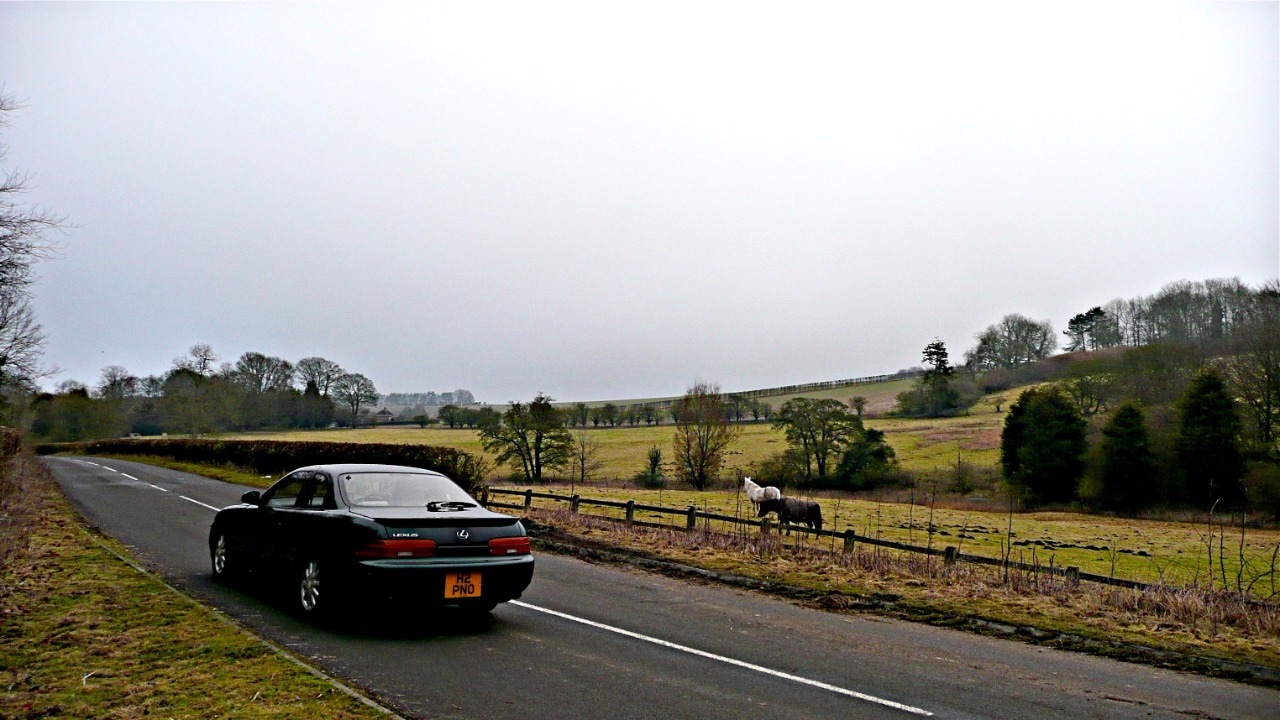
The competitive landscape for luxury coupes in the 1990s was a challenging one. Lexus’s offering faced rivals with stronger brand recognition. The coupe’s cost positioned it against more affordable or prestige alternatives, making it a tough sell. Additionally, consumer preferences were shifting toward sedans or convertibles, contributing to the low demand for this V8 coupe.[2] [1]
Sales Performance and Production Realities
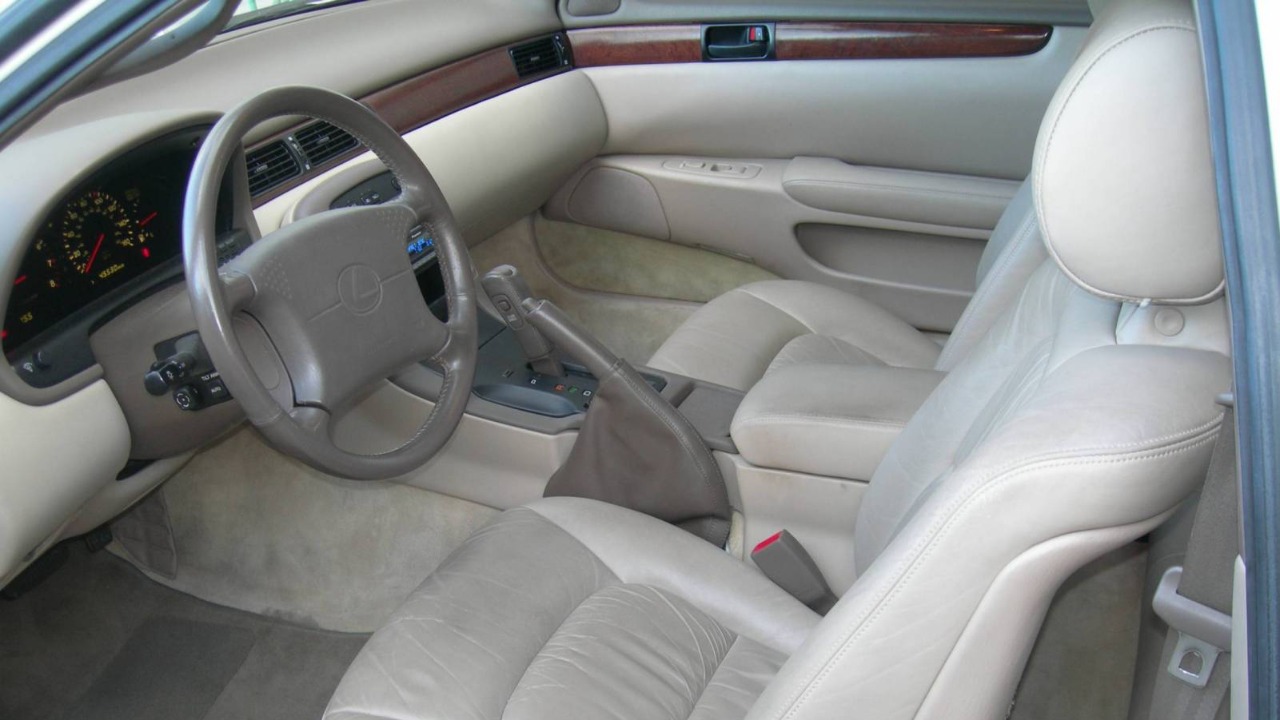
The sales figures for the 400-hp V8 coupe revealed why it qualified as a commercial failure despite its capabilities. Poor buyer uptake led to limited production numbers and a short model run in the 1990s. Factors such as limited marketing or distribution hampered visibility in key markets, further contributing to the vehicle’s lackluster performance.[1] [2]
Legacy Among Lexus Enthusiasts
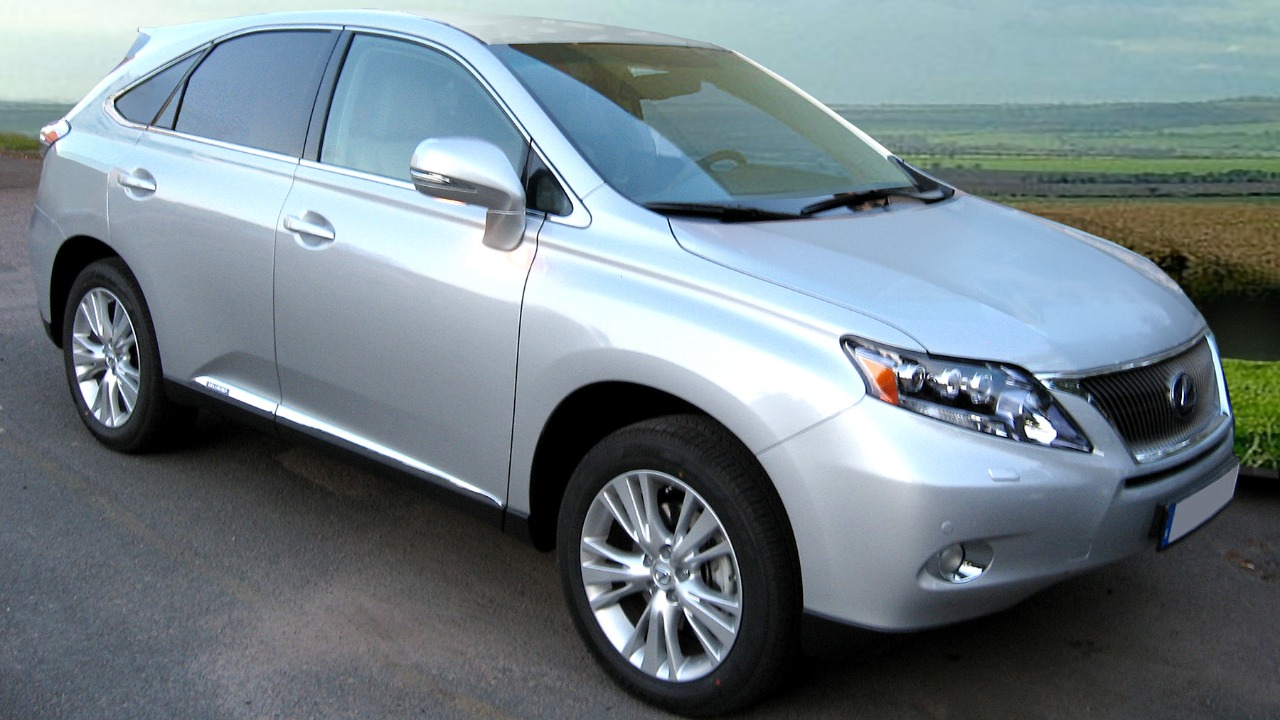
Despite its commercial failure, the coupe has gained cult status today as a “forgotten sleeper,” appreciated for its 400-hp V8 in collector circles. When compared to other standout Lexus models from the 1990s, it holds a unique place despite its low sales. Fans of the brand often cite this overlooked model as one of their favorites, excluding high-profile ones like the LFA.[1] [3]
Modern Reflections on the Project
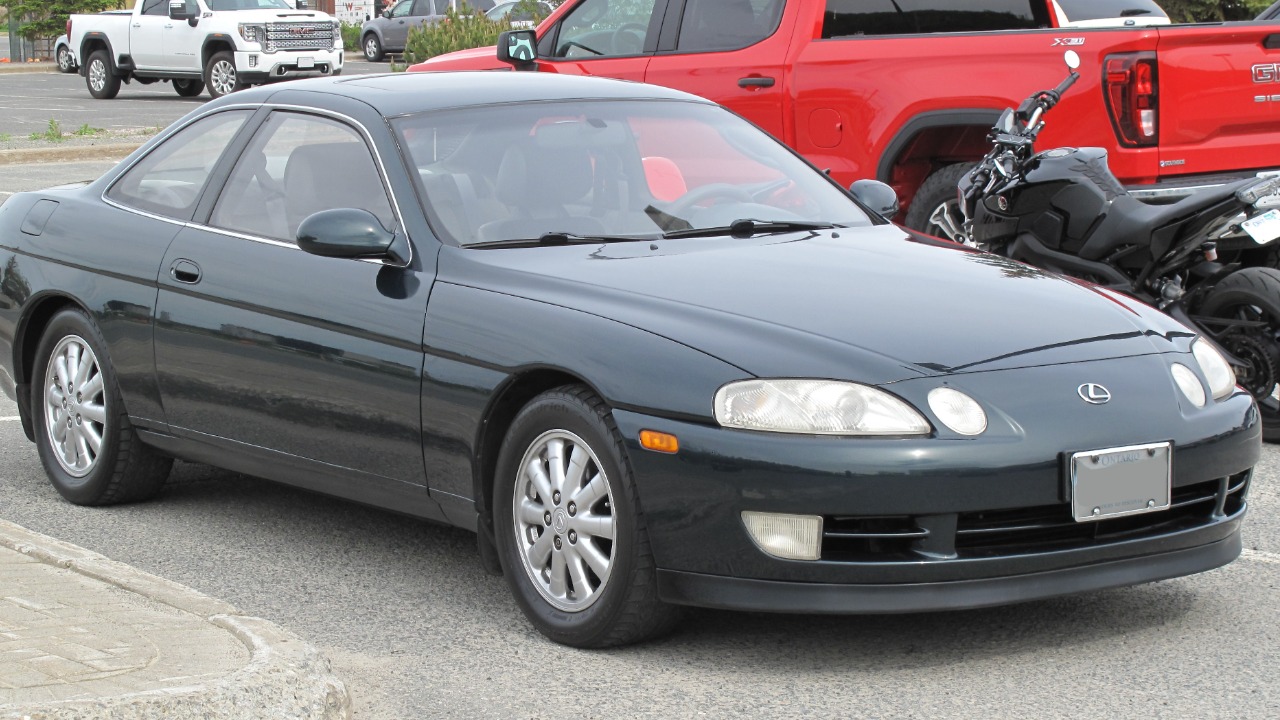
The 1990s coupe’s failure taught Lexus valuable lessons about balancing power and market appeal in subsequent designs. It’s interesting to consider “what if” scenarios, such as whether updated marketing could have boosted the 400-hp V8 model’s success. This project is a significant part of Lexus’s evolution from 1990s experiments to today’s lineup, reflecting the brand’s ongoing commitment to innovation and performance.[2] [1] [3]